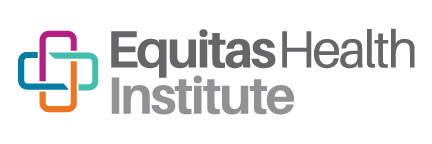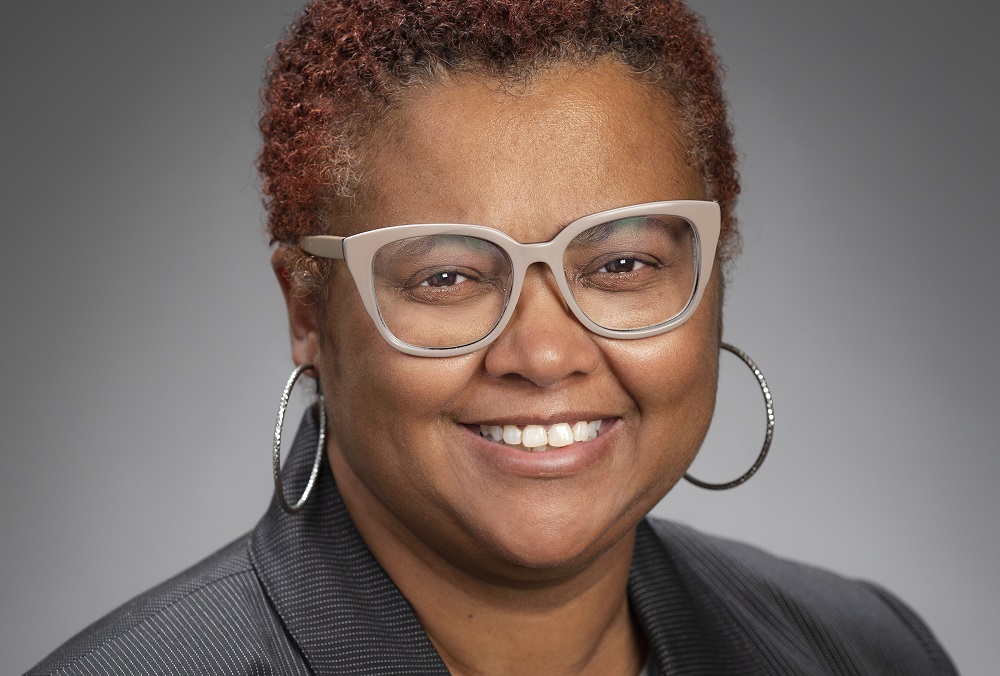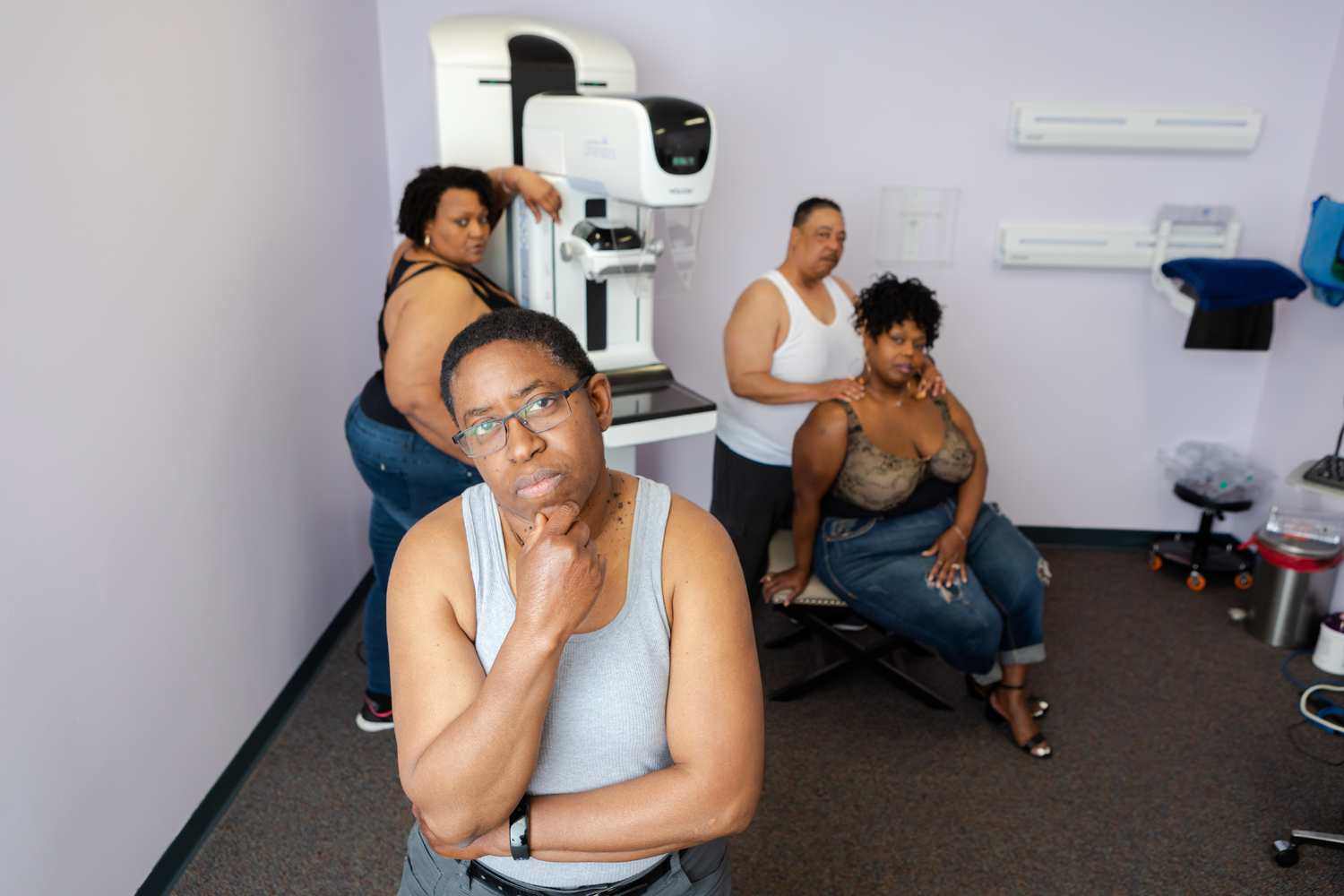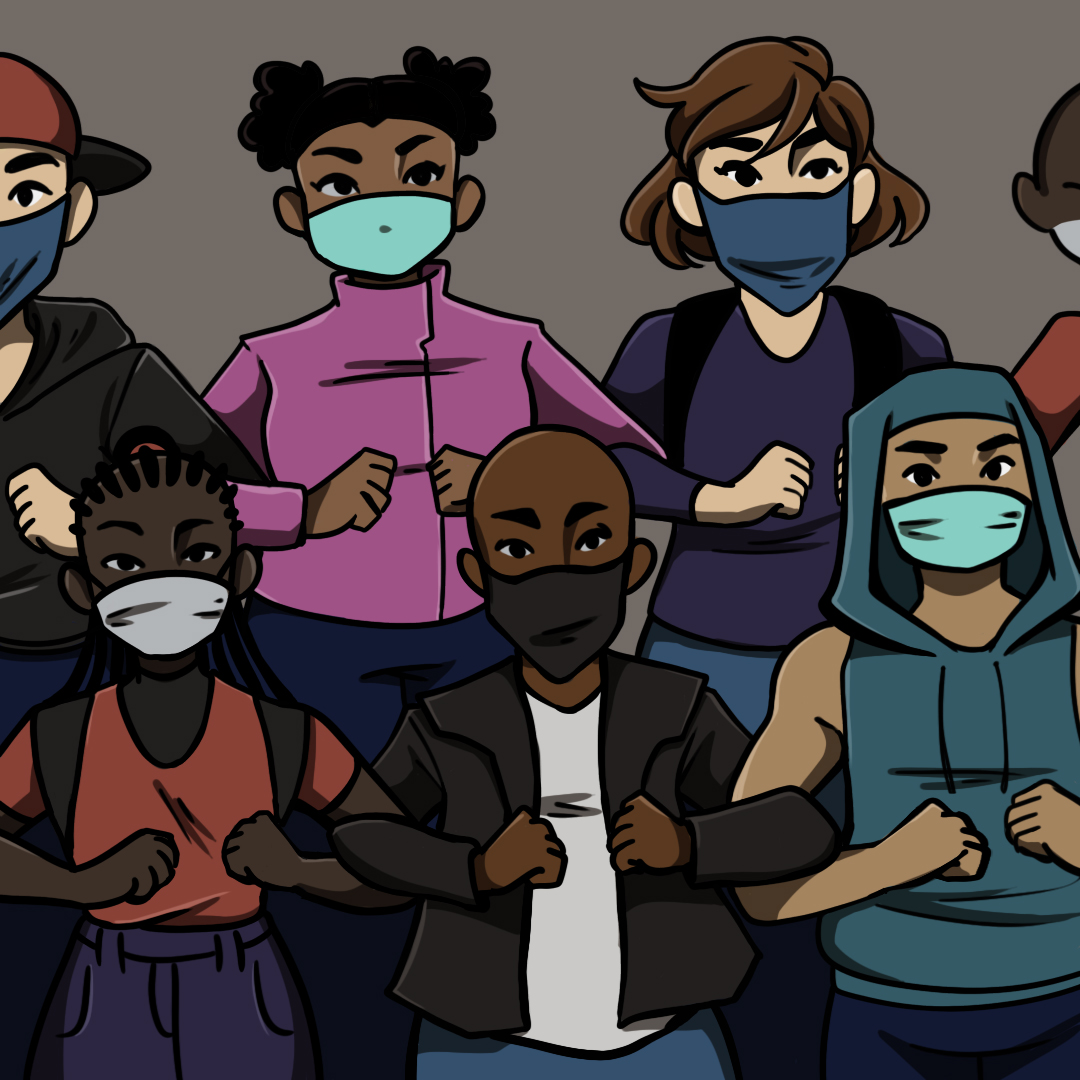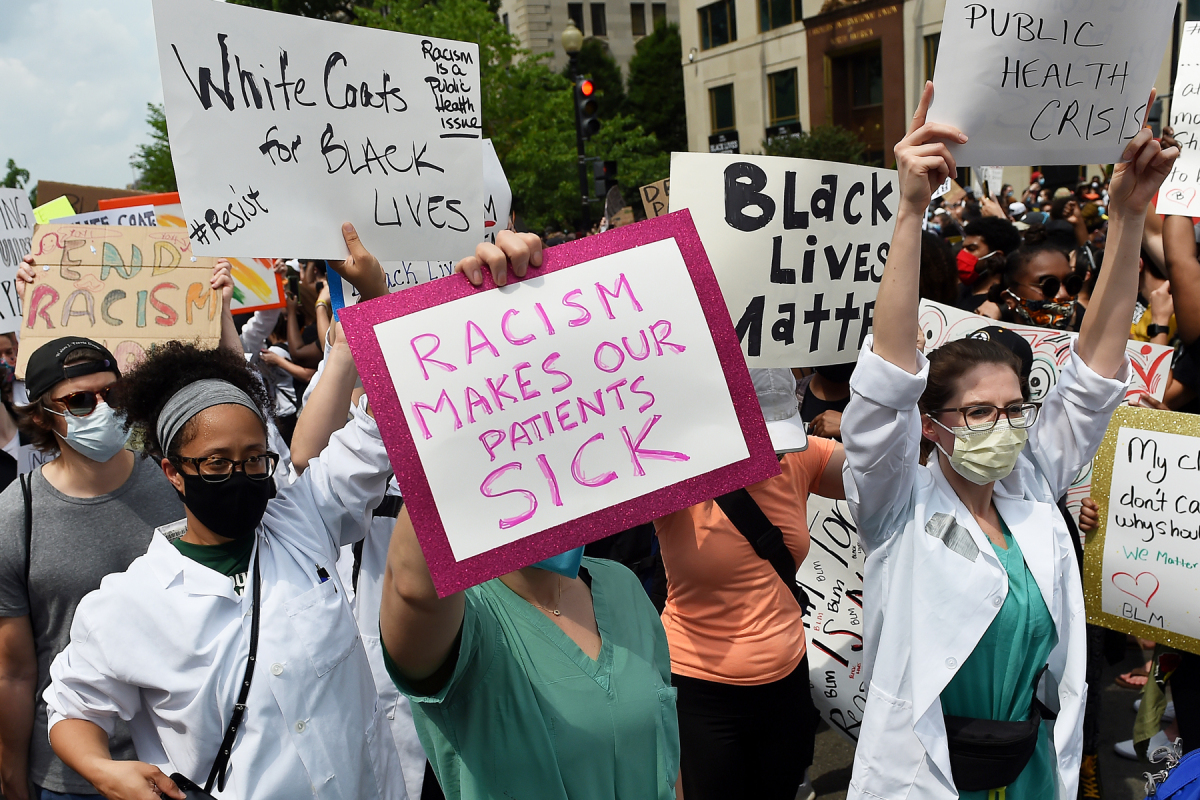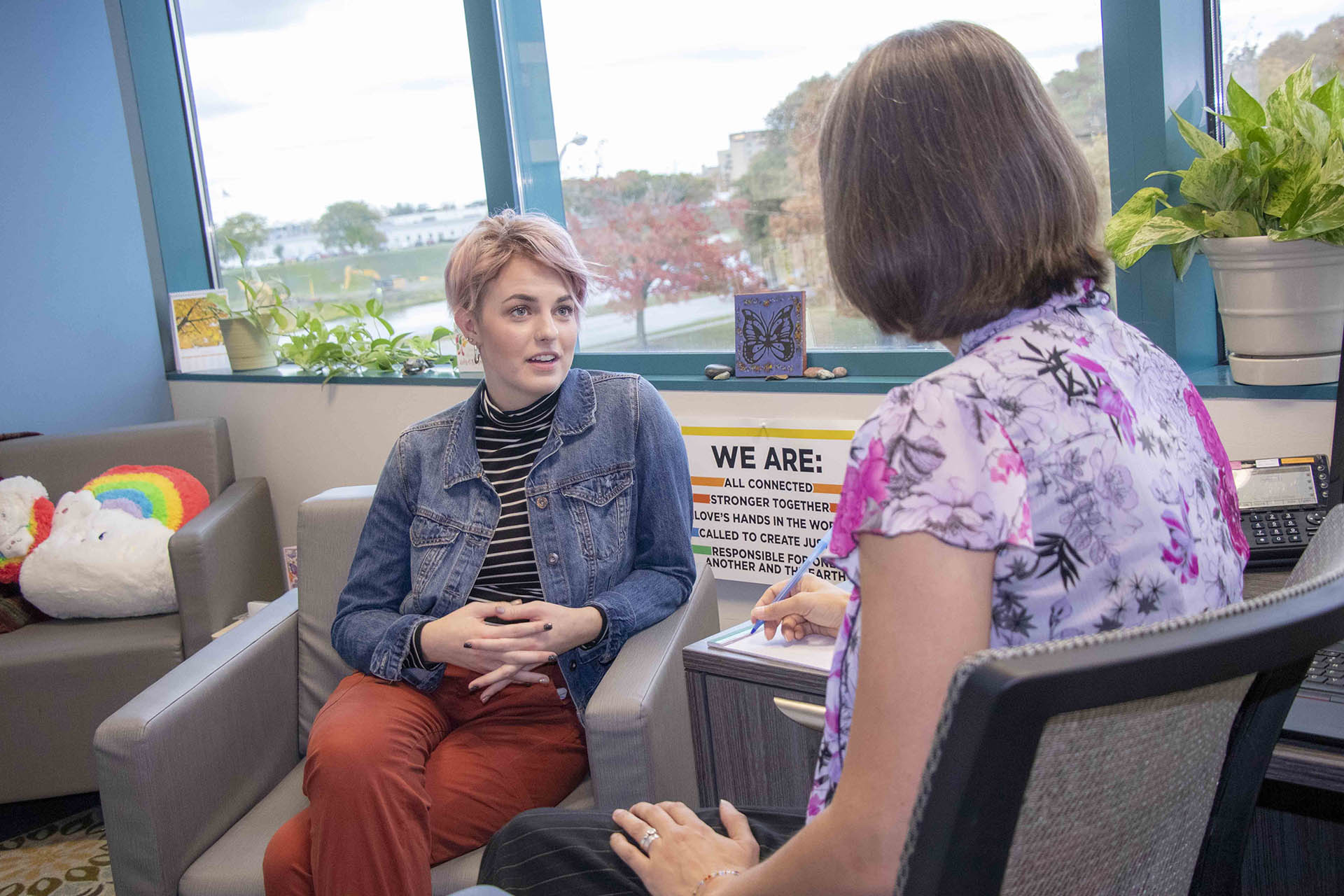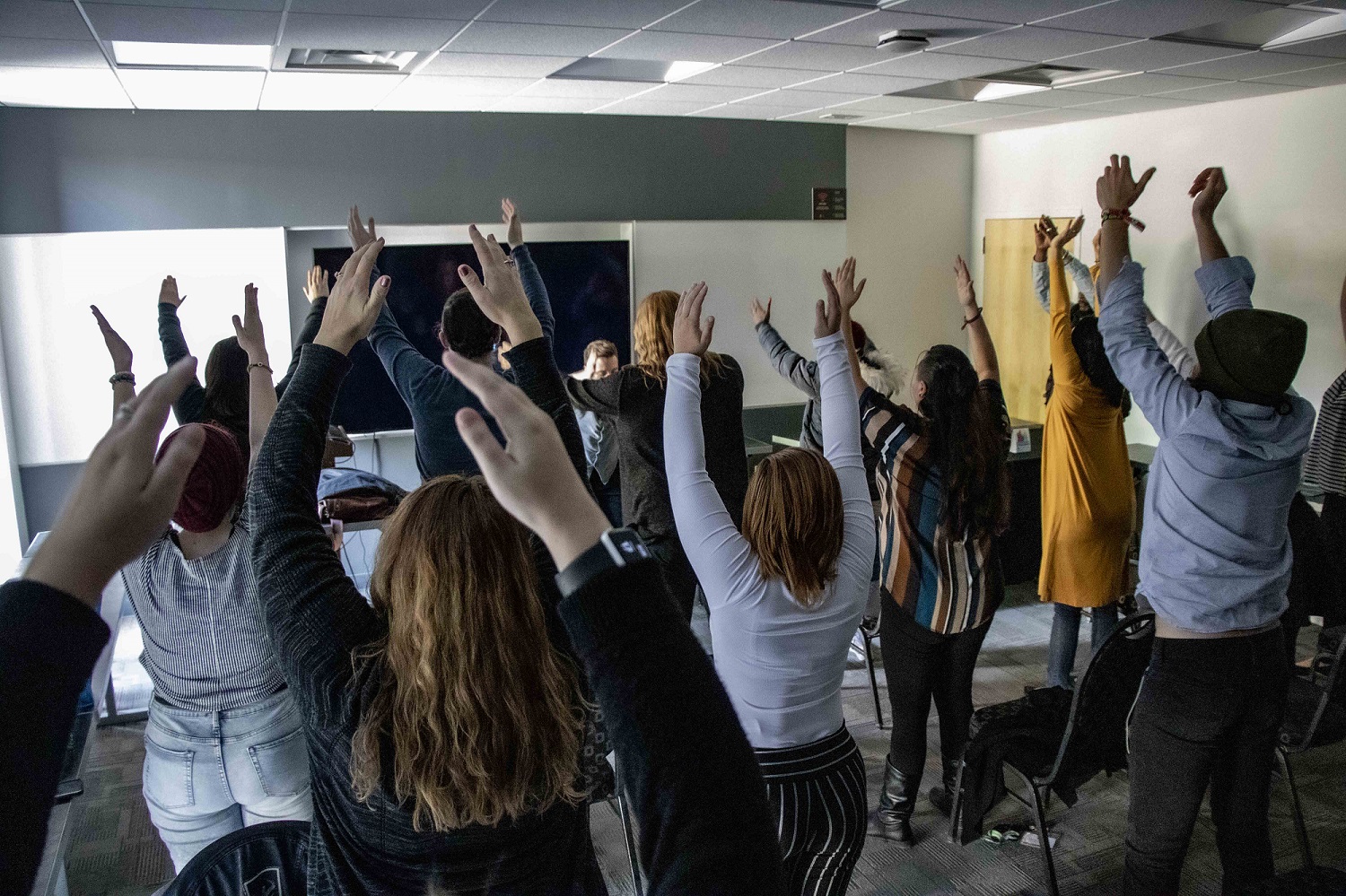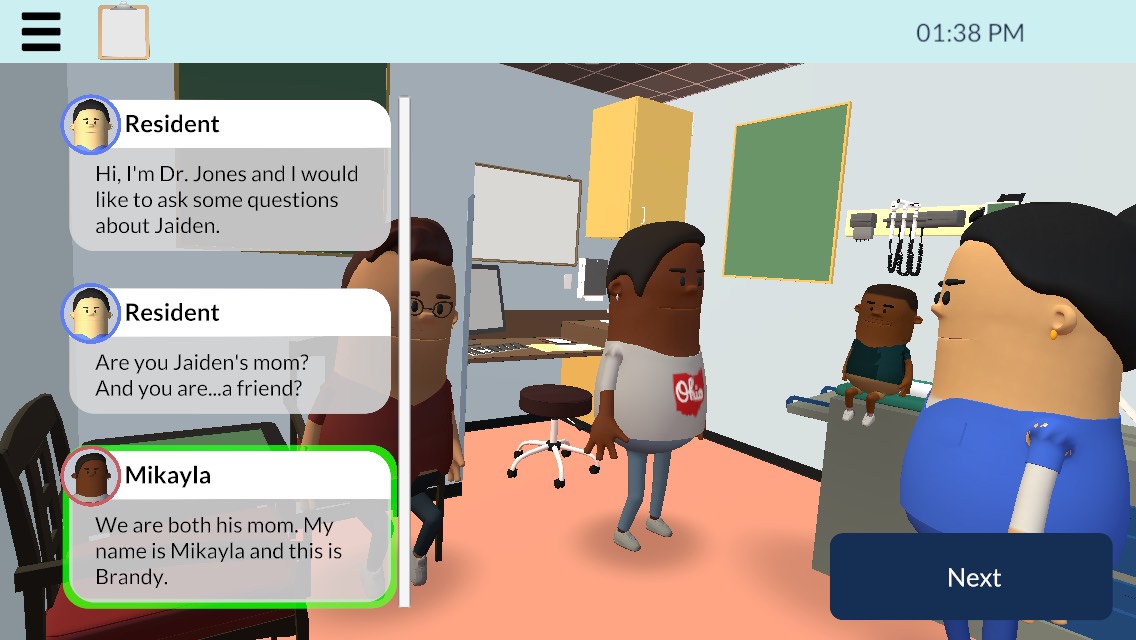Michele Battle-Fisher recorded a course lecture entitled “The complexity of health disparities among marginalized populations- a call for complexity and systems thinking” to the Sherwin B. Nuland Summer Institute in Bioethics (2021) at Yale University. The talk discussed the systemic complexity of health disparities, namely those of LGBTQIA+ and populations of color. Using systems based visualizations, Michele made the argument that health disparities are unethical and systems thinking illuminates that fact. The Institute, which takes place July 2021, is convened by the Yale Interdisciplinary Center for
Author Archives: Liz Rose-Cohen
A report by Fung et al. (2019) suggests that sexual and gender minority individuals (SGM) may have a higher risk than their cisgender, heterosexual counterparts for breast/chest tissue cancer. Past negative experience with healthcare providers has been reported to prevent SGM from seeking care that is beneficial to their health. Milner & McNally (2020) reported that psychological barriers and non-disclosure of sexual identity due to fear of bias, discrimination, and stigma hindered adherence to mammography screening guidelines for lesbian, bisexual and transgender identified folx. Read More
Public health crises highlight already existing disparities that are often unseen or overlooked. In the past year, the COVID-19 pandemic and its resulting changes to society have severely affected populations worldwide. While mortality is but one measure of the severity of the pandemic, the numbers continue to rise with scores of individuals infected daily. Read More
Public health crises highlight already existing disparities that are often unseen or overlooked. In the past year, the COVID-19 pandemic and its resulting changes to society have severely affected populations worldwide. While mortality is but one measure of the severity of the pandemic, the numbers continue to rise with scores of individuals infected daily. As reported by the Centers for Disease Control on April 1, 2021, the nationwide impact of COVID-19 has resulted in the deaths of nearly 591,000 people and 33 million total cases since
A report by Fung et al. (2019) suggests that sexual and gender minority individuals (SGM) may have a higher risk than their cisgender, heterosexual counterparts for breast/chest tissue cancer. Past negative experience with healthcare providers has been reported to prevent SGM from seeking care that is beneficial to their health. Milner & McNally (2020) reported that psychological barriers and non-disclosure of sexual identity due to fear of bias, discrimination, and stigma hindered adherence to mammography screening guidelines for lesbian, bisexual and transgender identified folx. Similarly, Bazzi
In response to the escalating effect of systemic barriers to health and wellbeing of marginalized populations, the Franklin County Board of Commissioners declared in May 2020 racism to be a public health crisis (Franklin County Board of Health, 2020). The declaration proclaimed that “racism and segregation in Ohio and Franklin County have exacerbated a health divide”. Ohioans who are racial or ethnic minorities often have lower wealth, socioeconomic status, and education attainment, and herein lies the early factors for many health barriers. Read More
4/14/2021– In response to the escalating effect of systemic barriers to health and wellbeing of marginalized populations, the Franklin County Board of Commissioners declared in May 2020 racism to be a public health crisis (Franklin County Board of Health, 2020). The declaration proclaimed that “racism and segregation in Ohio and Franklin County have exacerbated a health divide”. Ohioans who are racial or ethnic minorities often have lower wealth, socioeconomic status, and education attainment, and herein lies the early factors for many health barriers. The declaration placed
The “new normal” must include affirming healthcare. That’s why we’re now offering all of our workshops and trainings as webinars. Recently Lead Trainer Ramona Peel conducted a live webinar titled, “Combatting Bias via Cultural Humility: Making Historical Sites More Inclusive for the LGBTQ+ Community,” with AmeriCorps members at the Ohio History Connection. Here’s what one participant had to say: “I am so glad we still had the opportunity to learn how historical sites can combat bias with cultural humility, even though the in-person training had to
The Equitas Health Institute Provider Guide is a listing of Ohio medical and social service providers who offer varying degrees and types of LGBTQ+ affirming care. Now you can search the guide by geographic region on our website! Providers listed in this guide answered “yes” to at least one of the following questions. When searching the guide, you’ll use tthe corresponding symbols to determine the nature of LGBTQ+ affirming services each provider offers. PROVIDER COLOR KEY: Has had LGBTQ-specific cultural competency training. Have you received any
We are excited to announce we are accepting abstracts for the 2020 Transforming Care Conference between April 6, 2020 and June 1, 2020. Transforming Care has come to be known as the most comprehensive conference on LGBTQ+ HIV health equity in the country. Conference participants tell us that what makes TCC so transformative is the mix of people—researchers, practitioners, activists, community members all broadening each other’s perspectives. This year’s TCC theme will be The Invisibles. SUBMIT A PROPOSAL We seek proposals presented by and geared toward
When Nationwide Children’s Hospital developed the new app, VARIAT Sim (Virtual and Augmented Reality Implicit Association Training), they called on the expertise of the Equitas Health Institute to guide their module addressing implicit biases toward sexual orientation and gender identity (SOGI) in a healthcare setting. The VARIAT Sim app provides healthcare workers an in-person, onsite perspective to promote empathy and decrease implicit bias. By successfully completing the SOGI module, Medicaid providers will: Increase their awareness of implicit biases. Learn how biases and social determinants of
